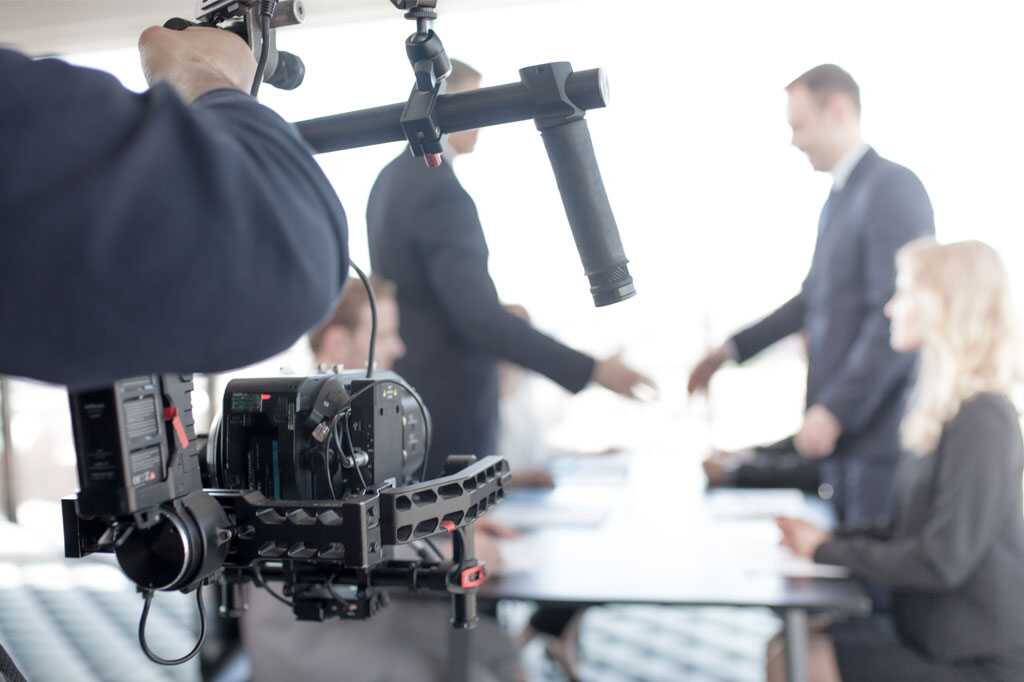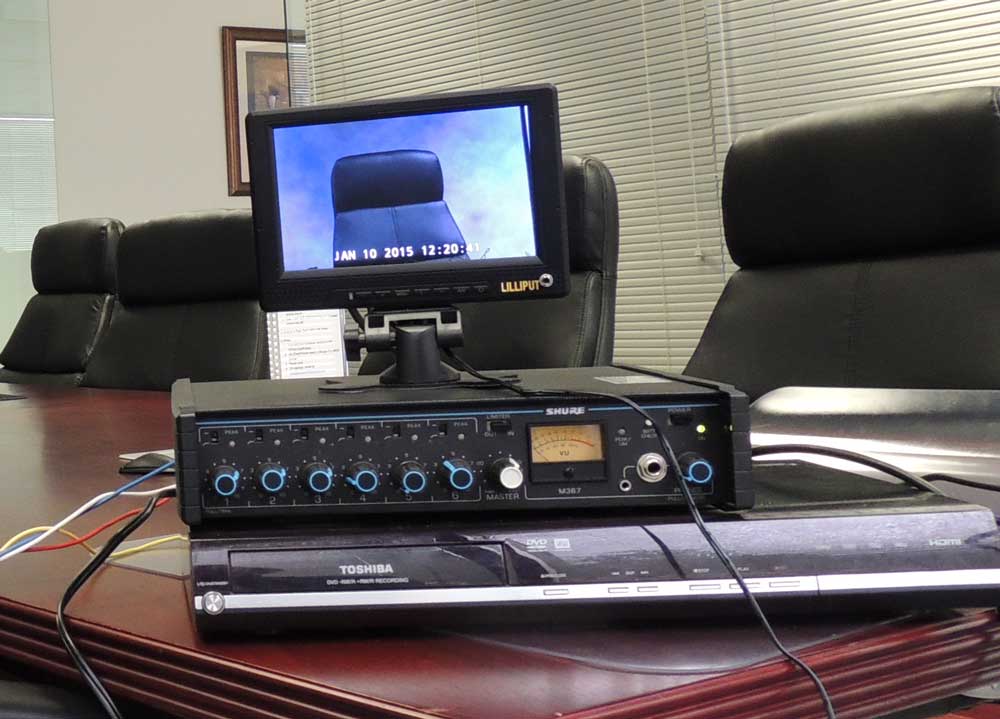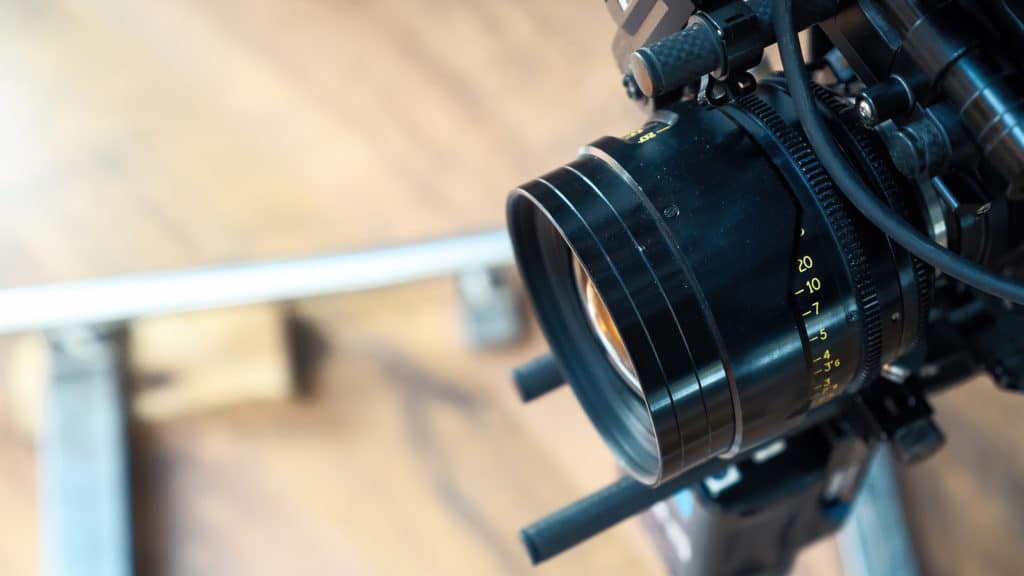The Value of Legal Video Depositions in Modern Legal Providers: What You Must Know
Lawful video clip depositions have actually come to be essential in today's legal landscape. They supply a multidimensional view of witness statements that typical transcripts just can not match. By catching both non-verbal and spoken interaction, these depositions enhance the general understanding of a witness's trustworthiness. However, the efficiency of video clip depositions rests on numerous elements, consisting of compliance with legal standards and finest practices (legal video depositions). Checking out these elements exposes their real relevance in modern-day legal solutions
What Are Lawful Video Depositions?
Legal video depositions work as an essential tool in the lawsuits procedure. They entail tape-recording witness testaments in a video clip layout, catching both non-verbal and spoken interaction. This technique enables attorneys to document the behavior, expressions, and reactions of witnesses, offering a richer context for the testimony. Typically performed in a controlled setting, these depositions are led by attorneys who ask concerns while a stenotype reporter documents the discussion. The resulting video can be vital for test preparation, as it enables lawyers to analyze the trustworthiness of witnesses and fine-tune their techniques. Additionally, lawful video clip depositions can be used in different legal contexts, ranging from civil disagreements to criminal cases. The auditory and aesthetic components of video clip depositions boost the presentation of evidence, making it an important part in the modern lawful landscape. On the whole, they add significantly to the effectiveness and efficiency of legal process.

Advantages of Video Depositions Over Conventional Techniques
Video depositions offer many advantages contrasted to standard techniques of taking witness testimonies. One considerable benefit is the capability to record both audio and visual components, giving a much more detailed record of the witness's statements. This dual format boosts clearness and enables attorneys to reference particular nuances throughout test prep work. Furthermore, video depositions promote remote engagement, making it much easier for witnesses that may be inaccessible for in-person looks because of geographical restrictions or wellness issues.Moreover, video depositions can accelerate the total deposition process, minimizing the moment and expenses connected with traveling and logistics. They likewise improve availability, as videotaped depositions can be conveniently shared among legal groups and referenced at any kind of time. This comfort contributes to far better situation management and preparation. On the whole, video clip depositions represent a modern-day, effective method to collecting witness testimonies, aligning with the developing requirements of the lawful profession.
The Function of Body Language and Tone in Testimonies

In lawful video clip depositions, body movement and tone play essential functions in communicating a witness's integrity and trustworthiness. Nonverbal cues can offer understandings right into a witness's emotional state, affecting exactly how their testament is viewed. Understanding the influence of these elements is vital for jurors and lawyers alike when reviewing the integrity of a statement.
Nonverbal Interaction Insights
While spoken interaction is commonly stressed in legal testaments, nonverbal cues such as body movement and tone play an important duty in conveying reputation and feeling. Viewers of depositions might note that a witness's pose, gestures, and face expressions can considerably influence perceptions of reliability. Constant eye call might indicate self-confidence, while preventing look might recommend deceit or discomfort. Similarly, the tone of voice-- its pitch, pace, and volume-- can impart feelings of genuineness or unpredictability. Attorneys have to be in harmony with these nonverbal signals, as they typically provide important context that matches spoken words. Recognizing these subtleties can improve the performance of depositions and influence the end result of legal process.
Psychological Tone Effect
The psychological tone communicated during legal statements greatly affects exactly how a witness is viewed. Body language, vocal inflections, and faces play important functions in shaping the narrative of a testimony. A witness showing self-confidence via consistent eye contact and a calm tone can instill a sense of dependability and engagement. Conversely, indications of anxiousness, such as fidgeting or an unsteady voice, might bring about uncertainty regarding their account. The subtleties of psychological expression can influence the interpretation of truths, making it crucial for attorneys to acknowledge these cues. In video depositions, the auditory and visual elements integrate, stressing the relevance of psychological tone in communicating genuineness and reliability within the lawful process.
Credibility and Reliability
An important consider developing trustworthiness and credibility during testaments lies in the witness's body language and tone of voice. Observers commonly count on non-verbal cues-- such as eye contact, stance, and motions-- to assess a witness's genuineness. For example, a witness that preserves eye get in touch with and presents open body movement may be regarded as even more dependable and honest than one that prevents eye contact or appears blocked. Furthermore, tone of voice plays a vital function; a stable, tranquil tone Extra resources can enhance the reputation of the testament, while changes in pitch or quantity may increase questions. Inevitably, the mix of body movement and singing tone greatly affects how a witness's statements are gotten and analyzed in a lawful context.
Best Practices for Conducting Video Depositions
Performing video clip depositions requires mindful preparation and implementation to assure a efficient and clear presentation of testament. It is important to select a peaceful, well-lit location to minimize disturbances and secure optimum video high quality. The devices ought to be examined ahead of time, consisting of video cameras, microphones, and lighting, to avoid technical problems during the deposition.Next, parties included must assess the style and treatments ahead of time, ensuring that everyone recognizes their functions. The deponent needs to be informed on the procedure, including how to respond plainly and concisely.Additionally, maintaining a specialist temperament throughout the session is necessary. This consists of refraining from talking over each other and validating that all inquiries are directed properly. It is important to tape the deposition in a layout that allows for simple playback and evaluation, maintaining the integrity of the testament for future use.
Lawful Considerations and Conformity Issues
Exactly how do lawful factors to consider and compliance problems influence the effectiveness of video depositions? Lawyers have to navigate an intricate landscape of guidelines, making sure that video clip depositions stick to administrative rules and criteria. Conformity with legislations worrying personal privacy, approval, and taping methods is vital. Getting specific approval from all parties included is necessary to stay clear of lawful repercussions.Additionally, the admissibility of video proof in court can hinge on compliance with step-by-step requirements. Making certain that the equipment made use of meets technical requirements is likewise essential, as low quality can undermine the deposition's reliability.Moreover, lawyers need to recognize any type of certain state laws that govern video next page clip depositions, as these can differ considerably. Failure to resolve these considerations can not only endanger the stability of the deposition however additionally impact the general case approach, inevitably impacting the client's lawful outcomes.
Just How Video Clip Depositions Influence Jury Perception
While video depositions can work as effective devices in legal proceedings, their influence on court assumption is significant. The auditory and visual elements of video recordings provide jurors with a more complete understanding of witness demeanor, reliability, and emotional feedbacks. This multimedia method can improve the jurors' capability to assess the dependability of testimony compared to standard text-based transcripts.Moreover, video depositions permit jurors to observe body language, tone of voice, and facial expressions, every one of which can impact their interpretation of the witness's statements. The presence of a witness on screen can humanize them, promoting empathy and connection, which may sway jurors' point of views. Conversely, a witness that appears evasive or untrustworthy on video clip may cause negative perceptions that influence a court's decision. Inevitably, the dynamic nature of video clip depositions plays an important function fit just how jurors translate proof and reach their decisions.
The Future of Video Depositions in Legal Practice
As improvements in innovation remain to improve the lawful landscape, the future of video depositions is positioned for significant evolution. Innovations such as expert system, digital truth, and enhanced video clip conferencing tools are anticipated to improve the deposition procedure and enhance accessibility. Attorneys may use AI-driven analytics to assess witness integrity and situation toughness a lot more effectively.Moreover, the assimilation of digital reality can enable juries to experience immersive simulations of depositions, giving much deeper context and understanding. Furthermore, the pattern toward remote depositions is likely to linger, using higher adaptability for clients and lawyers alike.As remote job becomes significantly normalized, video depositions will likely come to be basic practice, reducing expenses and time constraints connected with traditional techniques. On the whole, these technological improvements assure to boost the efficiency, performance, and accessibility of video depositions in legal method, inevitably changing exactly how attorneys prepare for trial.
Regularly Asked Questions
How Much Do Lawful Video Depositions Generally Cost?

Can Video Depositions Be Made Use Of in Any Type Of Sort Of Case?
Video clip depositions can be made use of in numerous sorts of situations, including civil, criminal, and household legislation. Their More Help flexibility enables lawyers to present witness statements effectively, adjusting to the details needs of different legal situations.
What Equipment Is Required for a Video Clip Deposition?
To perform a video clip deposition, crucial tools consists of a premium video camera, microphone, lighting, and a trusted recording device. Furthermore, a computer with modifying software application might be necessary for post-production and formatting the final video clip.
Exactly how Lengthy Does a Normal Video Clip Deposition Last?
A regular video deposition lasts in between 2 to 4 hours, relying on the intricacy of the situation and the variety of concerns presented. Extended sessions may occur, but breaks are typically integrated for participant convenience.

Are Video Depositions Admissible in Court?
Video clip depositions are normally permissible in court, given they follow legal standards and regulations of proof. Their use improves clearness and preserves witness testimony, aiding in the judicial procedure during tests and hearings. Legal video depositions have come to be crucial in today's lawful landscape. Furthermore, legal video clip depositions can be used in different legal contexts, ranging from civil conflicts to criminal situations. In addition, video clip depositions help with remote engagement, making it simpler for witnesses that may be not available for in-person appearances due to geographical restrictions or health issues.Moreover, video clip depositions can expedite the overall deposition procedure, lowering the time and prices associated with traveling and logistics. Ensuring that the equipment made use of satisfies technical criteria is also essential, as inadequate high quality can threaten the deposition's reliability.Moreover, lawyers need to be aware of any particular state legislations that regulate video depositions, as these can vary substantially. In addition, the fad toward remote depositions is likely to linger, using higher versatility for customers and attorneys alike.As remote job comes to be progressively stabilized, video depositions will likely become common practice, decreasing prices and time restraints linked with traditional techniques.